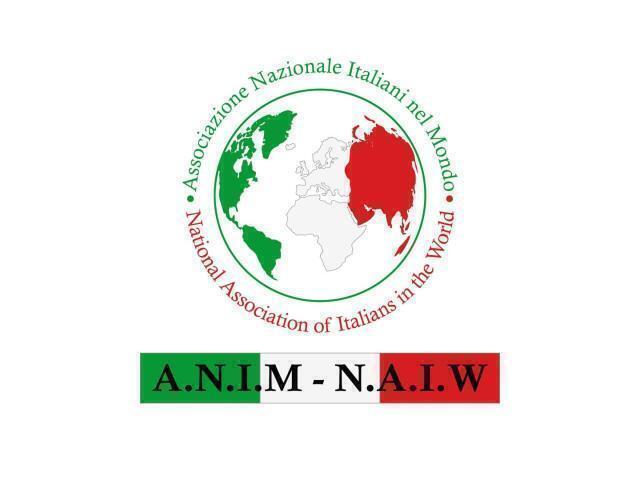CYBERPOL Raises Alarm on Google Targeting Individuals for Censorship!
In the digital age, where information flows freely and platforms wield immense power over what we see and hear, questions of censorship and content moderation have become increasingly relevant. Among the tech giants, Google stands out as a behemoth with the technical capability to target individual users for content censorship on its vast array of platforms. But where does the line between responsible moderation and undue censorship blur?
The Power Play of Google:
Google, as a private entity, holds considerable power in shaping the online narrative. With platforms like YouTube, Gmail, and Google Search under its umbrella, the company has the means to control what content reaches its users. This control extends to individual users through various mechanisms:
1. Account Actions: Google has the authority to suspend, restrict, or even delete user accounts if they violate the company’s terms of service or community guidelines. This could mean losing access to essential services like email or being barred from uploading content on YouTube.
2. Content Filtering: Through automated systems and human moderation, Google can filter or remove specific content uploaded or shared by individual users. Whether it’s videos on YouTube, websites indexed on Google Search, or posts on other platforms, Google holds the reins on what stays and what goes.
3. Search Results Manipulation: Perhaps most insidiously, Google can tweak its search algorithms or manually intervene to suppress certain content related to particular individuals. This could mean burying unfavorable information or amplifying positive narratives, effectively shaping public perception.
The Ethical Quandary:
While content moderation is crucial for maintaining a safe and healthy online environment, targeting individuals outside the realm of policy enforcement raises significant ethical and legal concerns. It infringes upon the principles of fairness and freedom of expression, fundamental tenets of any democratic society. When a private company wields such power unchecked, it sets a dangerous precedent for silencing dissent and controlling information flow.
CYBERPOL Sounds the Alarm:
Recent findings by CYBERPOL, the International Cyber Policing Organization, have shed light on concerning practices within Google’s content moderation efforts. Evidence suggests that certain individuals have been targeted for censorship, not as part of broader policy enforcement, but at the behest of agencies in Europe and the USA. This raises alarms about undue influence and the abuse of power by state actors to suppress dissenting voices and control the narrative.
The Call for Transparency and Accountability:
In light of these revelations, there is an urgent need for transparency and accountability in Google’s content moderation practices. Users deserve to know how and why their content is being filtered or removed, especially when it pertains to individual expression and dissenting opinions. Furthermore, oversight mechanisms must be put in place to prevent the abuse of power by both tech giants and government agencies.
The case of Google’s potential targeting of individuals for censorship serves as a stark reminder of the immense power wielded by tech giants in the digital age. While content moderation is necessary to maintain a safe online environment, it must be conducted within ethical and legal boundaries, respecting the principles of democracy and freedom of expression. CYBERPOL’s findings underscore the need for greater transparency, accountability, and oversight to ensure that no single entity or government agency can manipulate the online narrative at the expense of individual rights and democratic values.
By CYBERPOL








